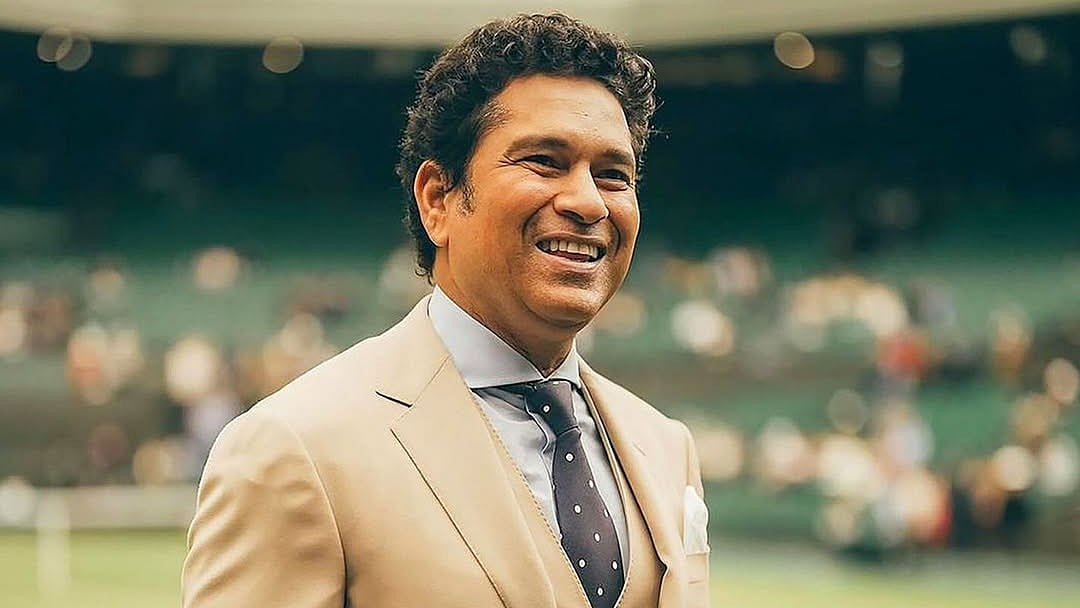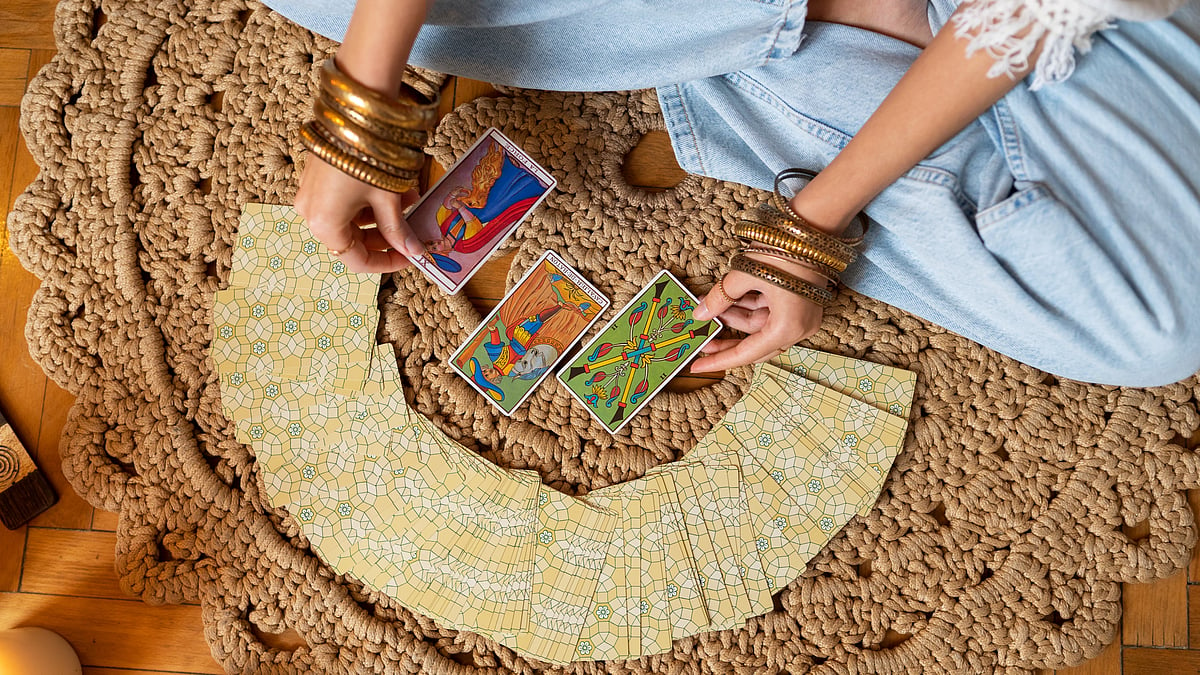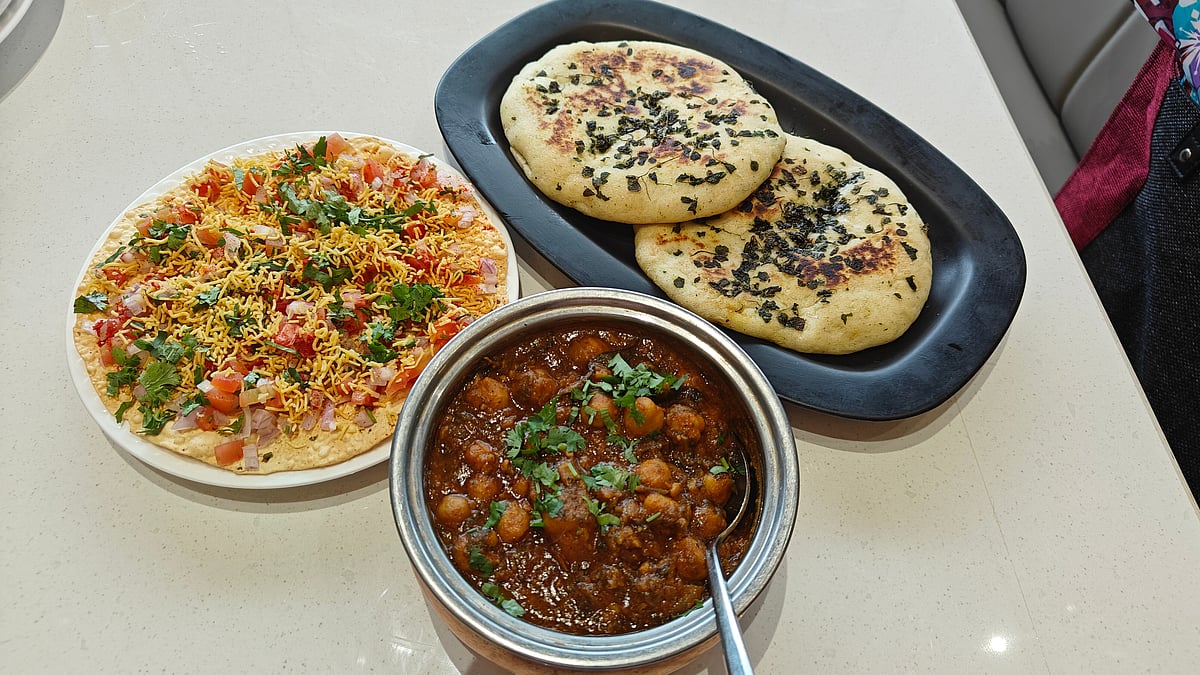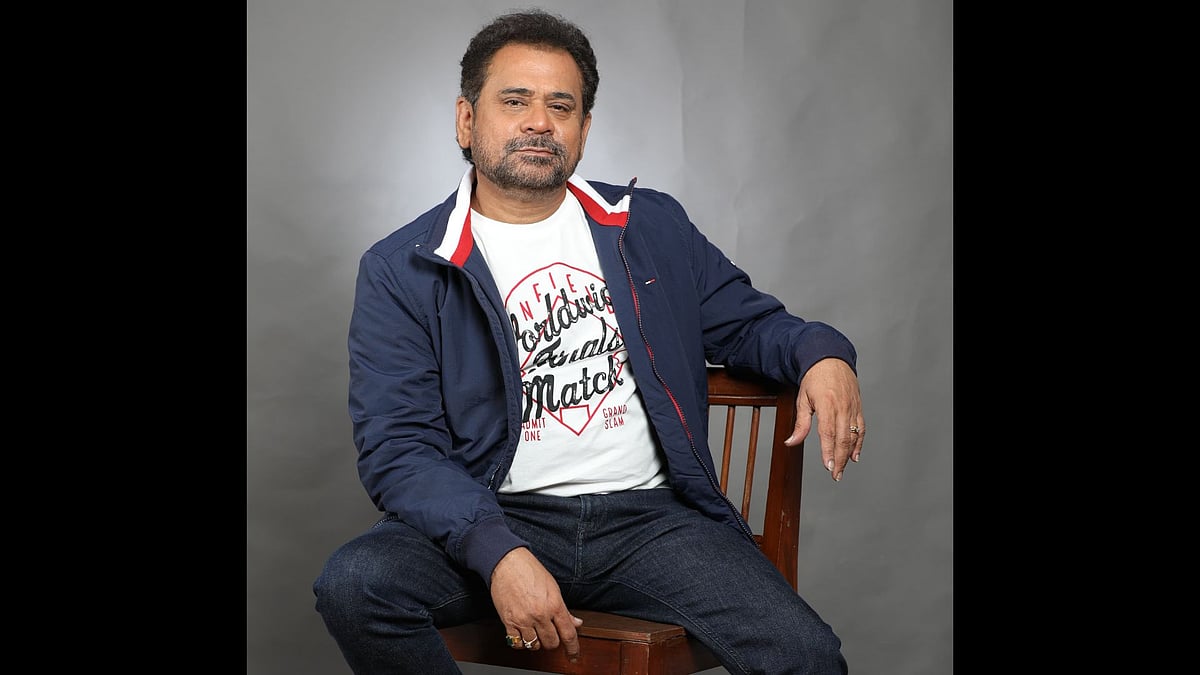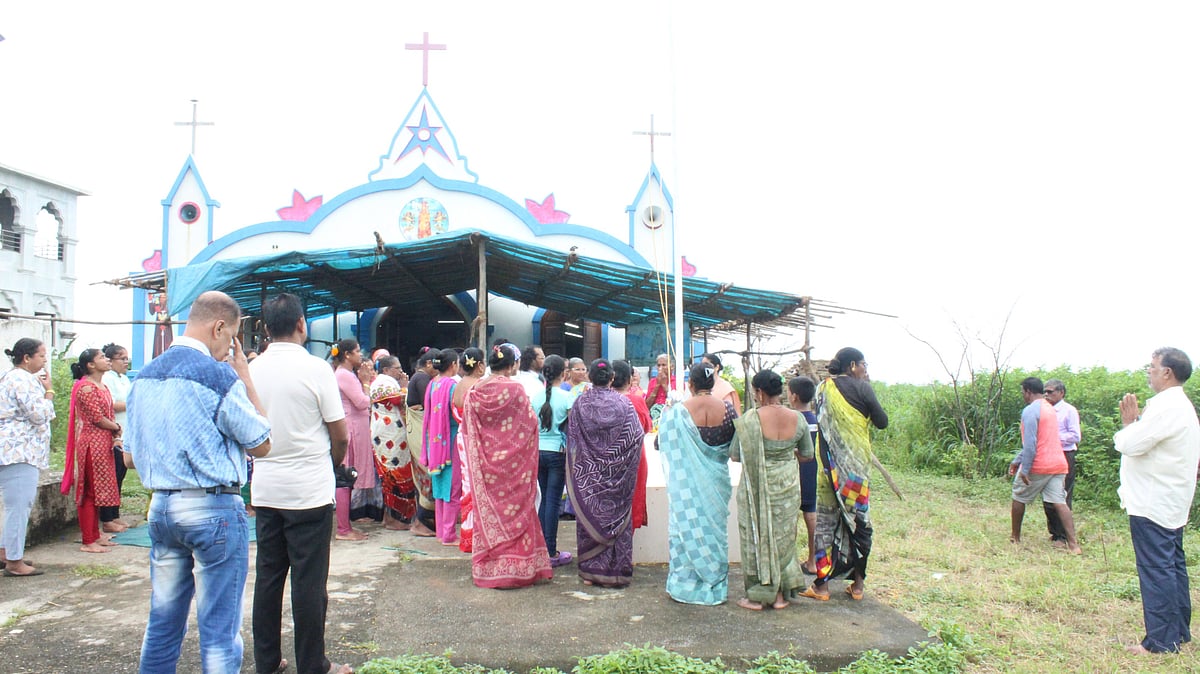Did you know that Chaturanga (or chess) is older than your grandparents? The strategy board game is believed to have originated in India during the Gupta Empire (around the 6th century). Similarly, Moksha Patamu (today called as Snakes and Ladders) dates back to ancient India. Pachisi is the predecessor to modern-day Ludo. And then, there is Pallankuzhi – still popular among ardent board game fans in South India.
Our country has a rich tradition of board games. Some are still popular in some regions, but most forgotten with time! However, there is an army of enthusiasts creating games to increase your curiosity about your city and your ancestors.
The newly-launched Ranbhoomi Kurukshetra board game simulates the events of the Mahabharata War. Created by Sutradhar, the objective is to survive and finish the game. Players get to choose one of the two teams — Team Kauravas or Team Pandavas. As one progresses in the game, the 18-day battle that took place around 3,000 years ago comes to life!
Mawala -- The Board Game
Based on the quest of Swarajya started by Chhatrapati Shivaji Maharaj, Aniruddha Rajderkar created Mawala The Board Game with the help of Madhu Sundar and Falgun Mozaic Games.
“As a father to a 5-year-old, I missed engaging mediums to teach history in an inspiring way. Someone needed to do something about it, and I decided to work on it,” Pune-based Rajderkar tells FPJ.
The roll of dice takes you places on the board, and teaches you history of the Maratha Empire. “History is the only medium that teaches about who you really are,” he adds.
Each player is a soldier of Shivajiraje — Mawala. “You get to travel on the events that had happened in Raje’s life,” Rajderkar continues. “While doing so, you get accompanied by real Swarajya warriors, get protected by forts, and by contributing the maximum to the cause, you win.”
“Learning about our glorious history is the only way one can actually fall in love with our country. There cannot be a better reason to actually find innovative mediums to teach our kids about it,” he says about the importance of preserving our rich history in the form of board games.
Mawala is priced at Rs 1,799 and can be purchased on themawala.com.
Puneri Paatya

Shobhana Hadap is the co-founder and creative director of Pune Handmade Papers along with her husband Mangesh Lohapatre. She was born in Scotland and spent her early childhood there, but was always connected to her Pune roots.
When Hadap moved to Pune at the age of 8 in 1981, weekends were spent watching Marathi movies and theatre with her parents and her sister. One thing that she particularly noticed were the ubiquitous Puneri paatyas (signboards). Part of Pune’s cultural heritage, these handwritten signages are infamous for their bluntness. A typical Punekar thinks he can educate the rest of the world, and that’s exactly what reflects on these boards, mainly installed outside homes or government offices.
Taking inspiration from this, Hadap developed a board game — a combination of monopoly and business. “All major landmarks are covered in a north, south, east and west direction with Shaniwarwada placed in the centre. Each person takes up a name of Pune’s iconic characters as you play. When you run out of mudras (or coins), you lose,” she explains. The game is made out of handmade paper, which is created from cotton waste rags. All the incredible illustrations on the board are hand-drawn by young designers. “Pune city being the cultural capital of Maharashtra was lacking an easy to comprehend visual communication of its history,” she shares. “The biggest motivation we ,as developers, have got is that students pursuing their higher education abroad want to carry this board game with them. They just want to stay in touch with their beloved city…through puns and paatyas.”
You can order Puneri Paatya from punehandmadepapers.com for Rs 1,680.
Discover Pune
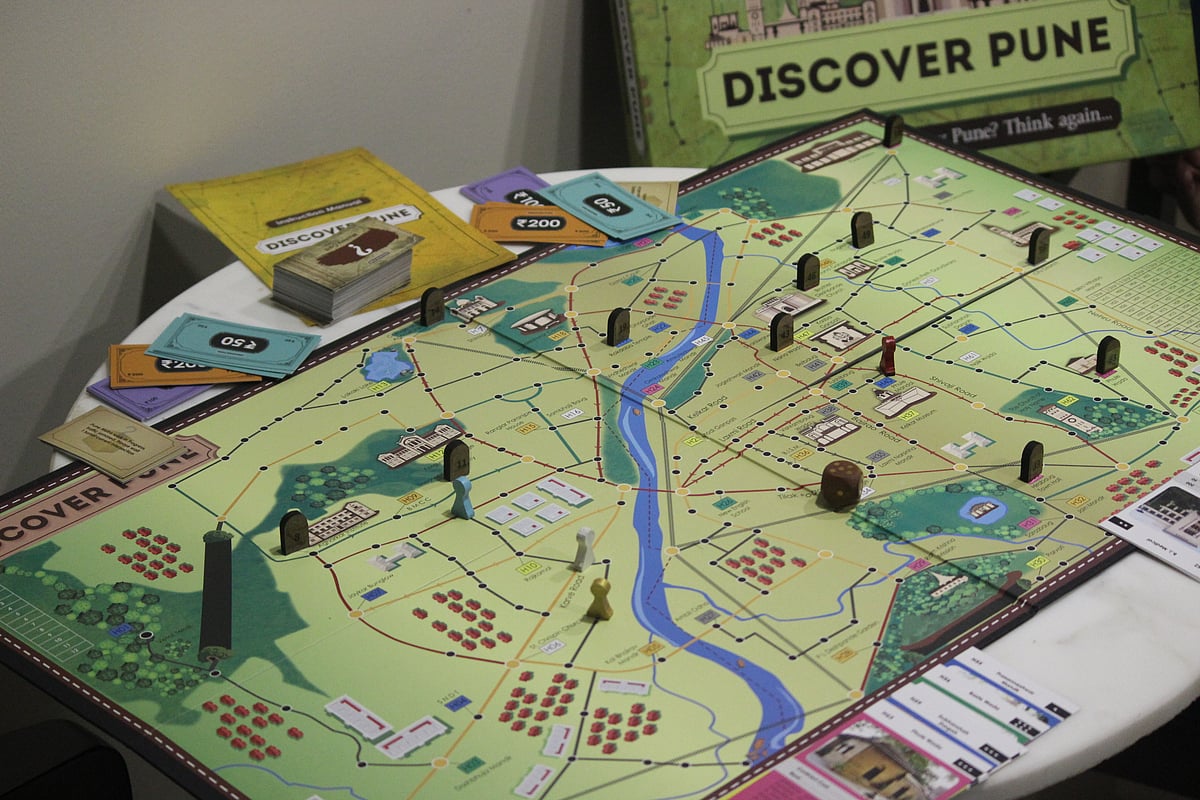
Madhur Barve, now 40, has lived in three distinct parts of Pune since his childhood. Starting from living as tenants in an old wada (mansion) in Ravivar Peth, he moved to an apartment located in Shukrawar Peth. Eventually, his family landed up in the city’s western part of Karve Nagar.
“I have seen cultural differences even within Pune,” he shares. “The eastern and central parts of the city still have the wada culture, where residents live very close to each other and are cordial. Whereas in the western part, the society is quite modern and mainly keep to themselves.”
An interest in Pune’s history naturally developed in him. Today, Barve is the executive council member of the Indian National Trust for Art and Cultural Heritage. He helps his family run a 52-year-old book publishing house, too. “I am part of the Rotaract club of Pune Shaniwarwada, where we started a heritage treasure hunt called Discover Pune,” he continues. “Teams participate in groups and we send them to search heritage locations across the city by using maps.” Pune has more than 300 heritage locations, some of which are now part of a board game that Barve developed. “The board game has 63 heritage locations covering major cultural events and activities that take place in Pune. As one progresses in the game, the player gets acquainted with the city’s culture and monuments.” Discover Pune can be bought on Amazon and is priced at Rs 1,875.








